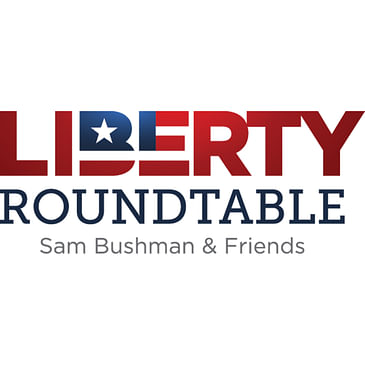* Guest: Pete Sepp - President of National Tax Payers Union - (NTU) is the Voice of America's Taxpayers, mobilizing elected officials and citizens on behalf of tax relief and reform - NTU.org * NTU Suggests Reforms to House Energy and Commerce Privacy Bill. * Tell Your Senators: Taxpayers Need Relief Now - The Tax Relief for Families and Workers Act would benefit American taxpayers and stimulate economic investment. * Agriculture Committee Should Make Significant Changes to Farm Bill - Bryan Riley, NTU.com * NTU Urges “YES” on H.R. 4763, the Financial Innovation and Technology for the 21st Century Act - Nicholas Johns, NTU.org * Catholic Group Sues Biden Administration Over 'Blatant Violation of the First Amendment' - Jack Davis, WesternJournal.com * The Knights of Columbus are fighting the Biden administration so a Catholic Mass can be said over the honored dead on Memorial Day at Poplar Grove National Cemetery in Petersburg, Virginia. “The policy and the decision blocking the Knights of Columbus from continuing their long-standing religious tradition is a blatant violation of the First Amendment and the Religious Freedom Restoration Act,” John Moran, Partner at McGuireWoods, said in a statement. * The National Park Service is way out of line. This is the kind of unlawful discrimination and censorship RFRA and the First Amendment were enacted to prevent,” said Roger Byron, senior counsel at First Liberty. * We filed suit against the National Park Service. We’ll be in court on Thursday. Please join us in praying for a quick and favorable resolution. * The motion notes that federal policy lumps religious services with demonstrations and bans on the grounds they could be disruptive, violating the atmosphere of a cemetery.

